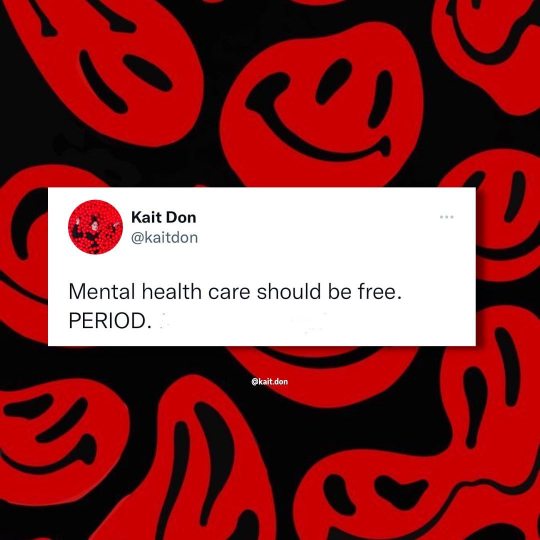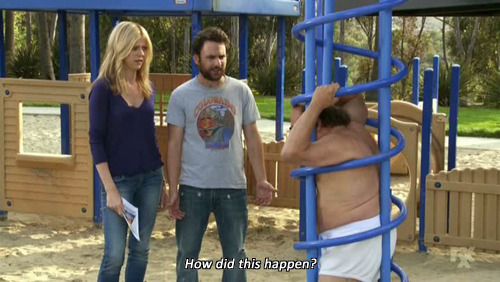Unmask your magic 🌙 | Neurodivergent healing, self-love, and transformation 🦋✨
Don't wanna be here? Send us removal request.
Text
Here is the full SEO-optimized blog post based on the outline:
How Your Body Responds to Unmasking: A Guide to Self-Awareness and Safety
Introduction
Unmasking is the process of shedding the protective behaviors we adopt to fit into social expectations. Whether you’re neurodivergent, a people-pleaser, or simply someone who has learned to suppress parts of yourself to feel accepted, unmasking can feel both freeing and terrifying.
But have you ever stopped to notice how your body reacts to unmasking? The nervous system plays a crucial role in determining whether we feel safe or threatened in any situation. Tuning into these physical responses can help us better understand our emotional landscape and build greater self-trust.
In this guide, we’ll explore how your body reacts to unmasking, setting boundaries, resting, and being misunderstood—and how to cultivate a sense of safety in all of these experiences.
The Body’s Response to Unmasking
What Is Masking?
Masking refers to the behaviors we adopt to blend in, avoid conflict, or meet societal expectations. For neurodivergent individuals, this often means mimicking neurotypical behaviors to avoid standing out. But masking isn’t exclusive to neurodivergence—many people suppress their true thoughts, emotions, or needs to maintain harmony in social settings.
While masking can be a survival tool, prolonged suppression of your authentic self can lead to exhaustion, anxiety, and disconnection from your true identity.
How Does Your Body React to Unmasking?
If you take a deep breath and imagine fully unmasking, how does your body respond?
• Relaxed, open, free → Your body trusts that it’s safe to be yourself.
• Tight, tense, a little nervous → Your nervous system is hesitant but open to unmasking.
• Frozen, panicked, or exhausted → Your body doesn’t trust unmasking yet; it perceives it as a threat.
These reactions come from your nervous system’s interpretation of safety. If unmasking triggers fear or exhaustion, it’s not because you’re weak—it’s because your body has learned to associate authenticity with risk.
The Power of Saying No Without Guilt
Why Do We Struggle to Say No?
Saying “no” can feel difficult, especially if you’ve been conditioned to prioritize others’ needs over your own. Many people fear rejection, conflict, or the guilt that comes with setting boundaries.
How Does Your Body React When You Say No?
• Confident and relaxed → You trust that your energy is valuable.
• Hesitant and unsure → You second-guess yourself, fearing how others will react.
• Guilty and anxious → You feel obligated to explain or overcompensate.
Learning to Set Boundaries Without Guilt
If saying no feels unsafe, your nervous system may be operating in people-pleasing mode—a survival response that prioritizes external approval over internal needs. Here’s how to shift that:
•Practice small no’s → Start with low-stakes situations and build confidence.
•Regulate your nervous system → Deep breathing and grounding techniques can help you feel safer in the moment.
•Reframe guilt → Remind yourself that saying no is an act of self-care, not selfishness.
Your Relationship with Rest
The Importance of Rest for Mental and Physical Health
We live in a society that glorifies productivity, often making rest feel like a luxury instead of a necessity. However, rest is essential for nervous system regulation, creativity, and overall well-being.
How Does Your Body Respond to Rest?
•Feels good, no guilt → You have a healthy relationship with rest.
•Rest, but feel guilty → You struggle with the belief that you must “earn” relaxation.
•Avoid rest, feel like you’re falling behind → Deep-seated anxiety makes rest feel unsafe.
Reframing Rest as a Necessity, Not a Reward
If you struggle with resting without guilt, consider these mindset shifts:
•Rest is productive → Your body and mind function better when they’re replenished.
•You don’t have to earn rest → You’re allowed to rest simply because you exist.
•Listen to your body’s cues → Fatigue, irritability, and burnout are signs that rest is needed, not optional.
Coping with Being Misunderstood
Why Misunderstanding Feels Threatening
Many of us fear being misunderstood because it threatens our sense of belonging. If you’ve ever felt dismissed, invalidated, or judged, your nervous system may associate misunderstanding with emotional danger.
How Does Your Body React to Being Misunderstood?
•Stay centered → You know that others’ perceptions don’t define you.
•Get anxious but hold back → You want to explain yourself but hesitate.
•Shut down or spiral → You feel overwhelmed and question your self-worth.
Strategies to Stay Grounded When Misunderstood
1.Self-validate → Remind yourself that your truth is still valid, even if others don’t understand.
2.Practice non-attachment → People’s perceptions are shaped by their own experiences, not just your words.
3.Use nervous system regulation tools → Deep breathing, grounding techniques, and movement can help you feel safer.
Conclusion
Your body is always communicating with you. Whether you feel safe or hesitant about unmasking, setting boundaries, resting, or handling misunderstandings, these responses are not weaknesses—they are reflections of your nervous system’s learned experiences.
By practicing self-awareness, honoring your needs, and creating a sense of internal safety, you can slowly rewire your relationship with authenticity and self-expression.
Final thought: Your body is not your enemy—it is your guide. Learning to listen to it is one of the most powerful acts of self-trust and self-love.
FAQs
1. What is unmasking, and why does it feel uncomfortable?
Unmasking refers to the process of shedding socially conditioned behaviors and expressing your authentic self. It can feel uncomfortable because your nervous system may associate authenticity with risk.
2. How can I make saying “no” feel safer?
Start by practicing small no’s in low-stakes situations. Regulate your nervous system with deep breathing, and remind yourself that boundaries are a sign of self-respect, not selfishness.
3. Why do I feel guilty when I rest?
Society often equates productivity with worth, making rest feel undeserved. Reframe rest as a necessity rather than a luxury.
4. How do I stop spiraling when someone misunderstands me?
Self-validation is key. Remind yourself that you do not need to be fully understood to be valid. Practicing nervous system regulation can also help you stay grounded.
5. How can I create a sense of internal safety?
Work on nervous system regulation through mindfulness, breathwork, and grounding techniques. Building self-trust through small, consistent actions also helps create a sense of safety.
#higher self#actually neurodiverse#unmasking#self care#inner thoughts#inner child#self awareness#nervous system regulation#nervous subject#girlblogging#self confidence#self concept#self improvement#self trust#safety#girly#highly sensitive person#highly sensitive people#boundaries
4 notes
·
View notes
Text



Who says you have to kick off the New Year all positive and goal-driven?
New Year, Not Me. I’m so over this ‘New Year, New You’ nonsense. Like, who decided January was the moment for reinvention? Newsflash: the Earth is literally asleep right now. Winter is for hibernation, rest, and pulling the blankets over your head—not forcing yourself to bloom.
Real talk: the actual new year? It’s the spring equinox. That’s when the flowers start blooming, the sun shines longer, and the energy makes sense to grow and thrive. Winter is for cozying up, reflecting, and maybe plotting your next move—but not rushing it.
Let’s stop pressuring ourselves to hit some arbitrary reset button. Hibernate now, bloom when you’re ready. We’re seasonal creatures too, ya know?
1 note
·
View note
Text
I'm back my cosmic loves, its been 15 years 💖👾
It has been a long time but while I was sitting journaling today I realized that my inner teen is dying to flourish. I wrote down all the things that make her happy and the I could do right away was her live journal but that no longer exist but what was her second favorite: Tumblr.
So here I am on tumblr again and honestly am so excited to make this back into the space where I share deep into my soul. I have decided to make this an extension of my journal but with visuals.
So what does that mean?
It means this is where I am going to share my personal day to day life in depth. Bare my soul as dome should say, to full express my self through all forms of media and journal my thoughts into the real world.
I am going to share it ALL.
I love instagram, I believe that Tumblr is a much safer enviroment to truly be yourself as a weirdo.
💖 ya, Mean it 👾
0 notes
Photo

#mentalhealthmatters #mentalhealthcare #freehealthcare (at Alaska) https://www.instagram.com/p/Cd_CyEALHhh/?igshid=NGJjMDIxMWI=
4 notes
·
View notes
Text
Experiencing burnout in an area you love doesn’t mean you are no longer passionate about that thing, or are any less good at it. It’s often an indication that there are other parts of your life that need your care. A garden looks most beautiful when every flower is watered, and you deserve to nourish yourself in the same way. You will flourish again.
94K notes
·
View notes
Photo










Sierra Gilley by Dana Trippe for Lack of Color, July 2019
220 notes
·
View notes













